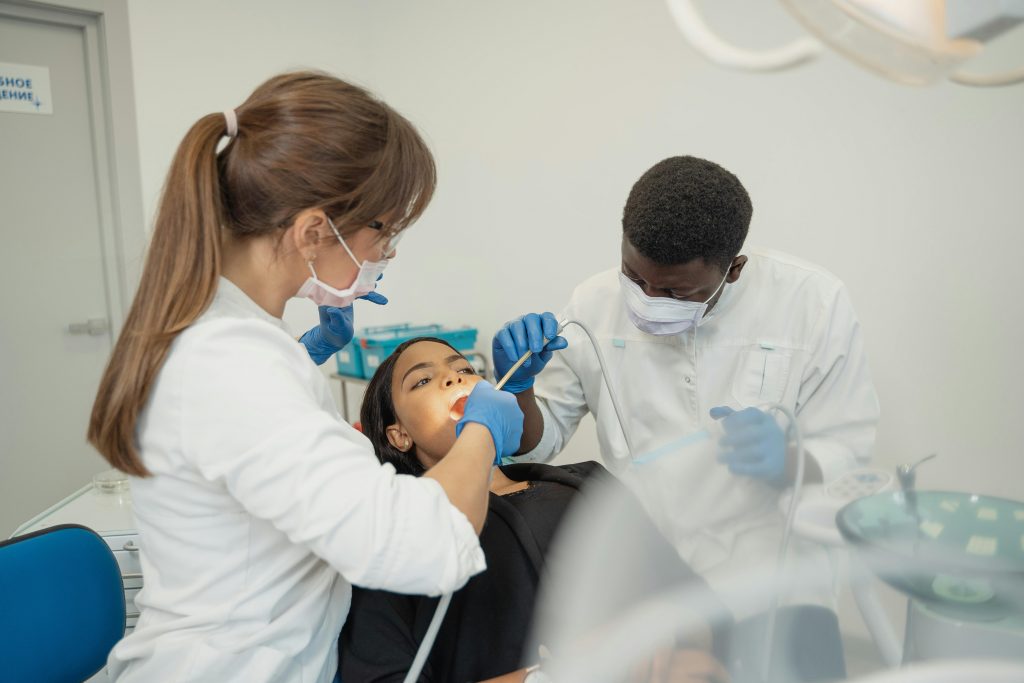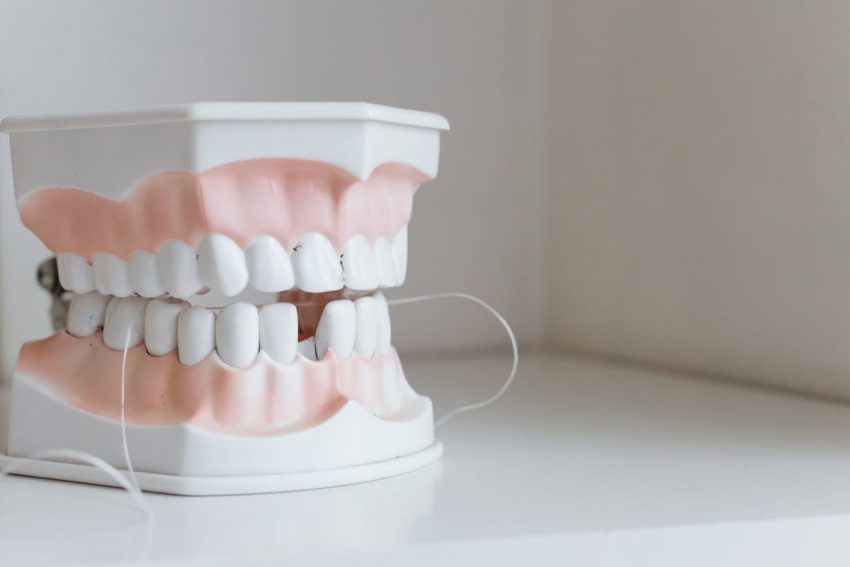
- Regular dental check-ups are vital for early detection and prevention of dental issues.
- Good oral hygiene habits like brushing and flossing can prevent tooth loss.
- Dental implants offer a permanent solution for replacing missing teeth.
- Alternative options like bridges and dentures can also restore your smile.
- Maintaining a healthy lifestyle supports optimal oral health and prevents further tooth loss.
Maintaining good oral hygiene is essential for overall health and well-being. However, neglecting oral care can lead to various dental issues, including tooth loss. Losing teeth can not only affect your appearance but also impact your ability to chew properly and speak clearly. Fortunately, there are ways to address tooth loss and restore your smile to its former glory. In this article, we’ll explore five tips for fixing your smile after experiencing tooth loss due to poor oral hygiene.
1. Schedule Regular Dental Check-ups:
Routine oral check-ups are crucial for detecting and preventing dental issues before they escalate. Make it a habit to visit your dentist at least twice a year for a comprehensive examination and in-clinic cleaning. During these appointments, your dentist will assess the condition of your teeth and gums, identify any signs of tooth decay or gum disease, and recommend appropriate treatment options. Early intervention can help prevent further tooth loss and preserve your oral health.
Importance of Regular Dental Check-ups:
- Regular check-ups let dentists detect dental issues early on, preventing them from worsening.
- During these check-ups, dentists conduct thorough examinations to assess the condition of your teeth and gums.
- Professional cleanings help remove tartar and plaque buildup, helping you avoid tooth decay and gum disease.

2. Practice Good Oral Hygiene Habits:
Maintaining good oral hygiene habits is essential for preventing tooth loss and preserving your smile. Brush your teeth at least twice a day using fluoride toothpaste and a soft-bristled toothbrush. Additionally, don’t forget to floss daily to remove food particles and plaque from between your teeth and along the gumline. Proper oral hygiene can help prevent cavities, gum disease, and other dental issues that can lead to tooth loss.
Proper Brushing Technique:
- Brush your teeth using gentle, circular motions to remove plaque and food debris effectively.
- Don’t forget to brush the surfaces of your tongue and the roof of your mouth to remove bacteria.
- Replace your toothbrush every three to four months or sooner if the bristles become frayed.
Importance of Flossing:
- Flossing helps remove plaque and food particles from areas that your toothbrush can’t reach, such as between your teeth and along the gumline.
- Use a gentle sawing motion to guide the floss between your teeth, being careful not to snap it against your gums.
- Consider using interdental brushes or water flossers if traditional flossing is challenging for you.
3. Consider Dental Implants:
If you’ve already experienced tooth loss, dental implants can provide a permanent solution for restoring your smile. Dental implants are titanium screws surgically attached to the jawbone, to act as artificial tooth roots. Once the implants integrate with the bone, custom-made crowns are attached to them, providing a natural-looking and functional replacement for missing teeth. A teeth replacement procedure offers numerous benefits, including improved chewing ability, speech clarity, and facial aesthetics.
Advantages of Dental Implants:
- Dental implants look, feel, and function like natural teeth, allowing you to smile and eat with confidence.
- Unlike removable dentures, dental implants are firmly anchored in the jawbone, preventing them from slipping or shifting.
- Implants stimulate the jawbone, preventing bone loss and preserving facial structure over time.
4. Explore Alternative Treatment Options:
In addition to dental implants, there are several alternative treatment options available for replacing missing teeth. Depending on your specific needs and preferences, your dentist may recommend options such as dental bridges or partial dentures. Dental bridges consist of artificial teeth anchored to adjacent natural teeth or dental implants, bridging the gap created by missing teeth. Partial dentures are removable appliances that replace multiple missing teeth and restore oral function and aesthetics.
Dental Bridges:
- Dental bridges are custom-made to match the shape, size, and color of your natural teeth, providing a seamless and natural-looking restoration.
- Bridges help distribute the forces of chewing evenly across adjacent teeth, preventing them from shifting out of alignment.
- With proper care and maintenance, dental bridges can last for many years, enhancing your smile and oral function.
Partial Dentures:
- Partial dentures are removable appliances that are designed to replace multiple missing teeth in either the upper or lower jaw.
- These dentures consist of artificial teeth attached to a metal or acrylic base that matches the color of your gums.
- Partial dentures can improve your ability to chew, speak, and smile confidently while restoring the appearance of your smile.
5. Maintain a Healthy Lifestyle:
In addition to practicing good oral hygiene and seeking appropriate dental treatment, maintaining a healthy lifestyle is essential for preserving your smile. Avoid tobacco products, which can contribute to gum disease, tooth decay, and oral cancer. Eat less acidic foods and sugary beverages because they open your mouth to dental issues like cavities. Instead, eat more balanced meals rich in vegetables, fruits, whole grains, and lean proteins to support optimal oral health.
Impact of Lifestyle Choices on Oral Health:
- Tobacco use is a significant risk factor for gum disease, which can lead to tooth loss if left untreated.
- High-sugar and acidic foods and drinks can contribute to tooth decay and enamel erosion, weakening the teeth and increasing the risk of tooth loss.
- A balanced diet that includes essential nutrients such as calcium, vitamin D, and phosphorus can help maintain strong and healthy teeth and gums.
Tooth loss resulting from poor oral hygiene can have significant implications for your oral health and overall well-being. By following these five tips for fixing your smile, you can take proactive steps to address tooth loss, restore your oral function and aesthetics, and maintain a healthy smile for years to come. Remember to schedule regular dental check-ups, practice good oral hygiene habits, explore appropriate treatment options, and maintain a healthy lifestyle to preserve your smile and enjoy optimal oral health. Your smile is worth investing in, so don’t hesitate to take action to regain your confidence and smile brightly once again.
